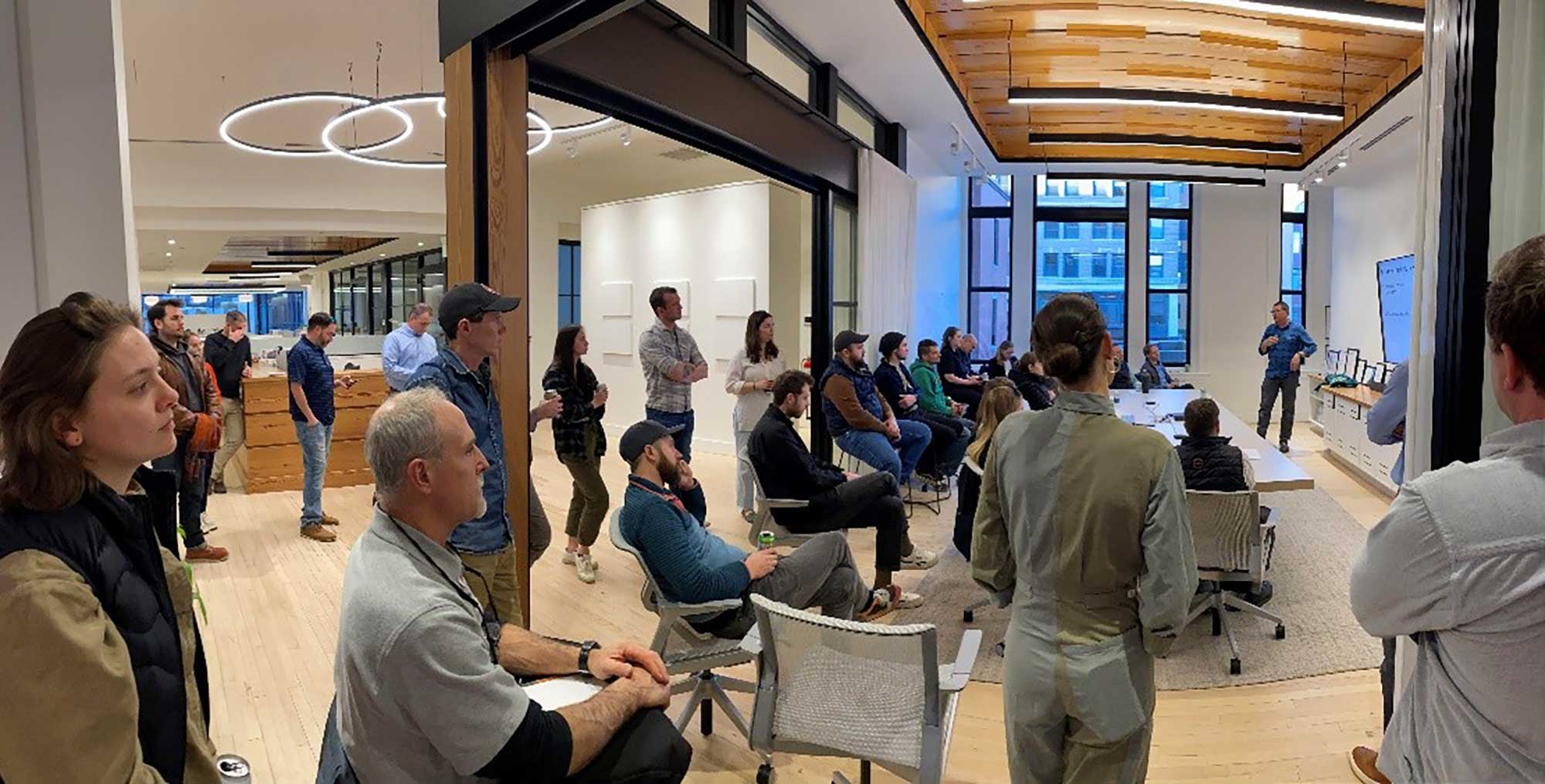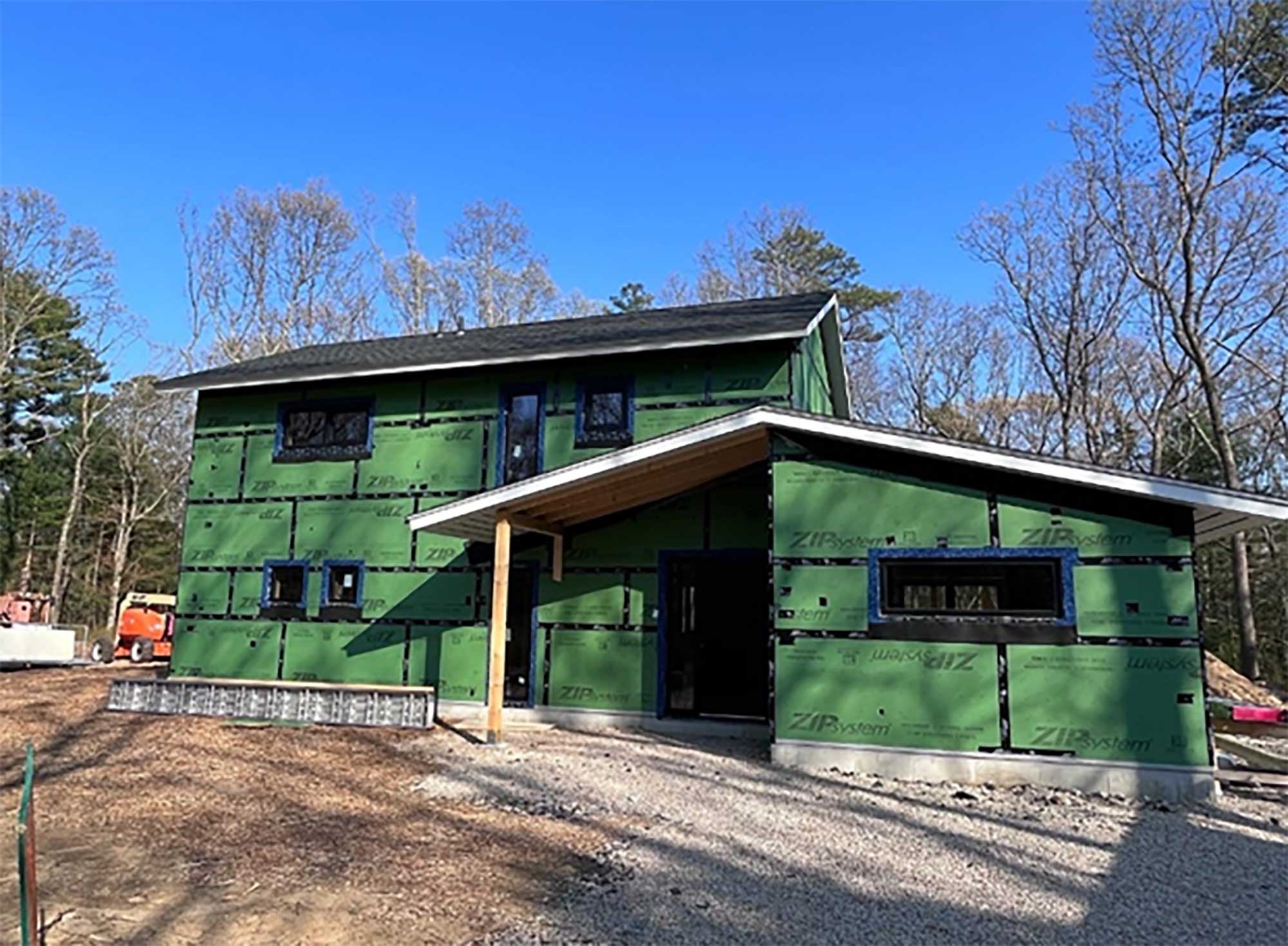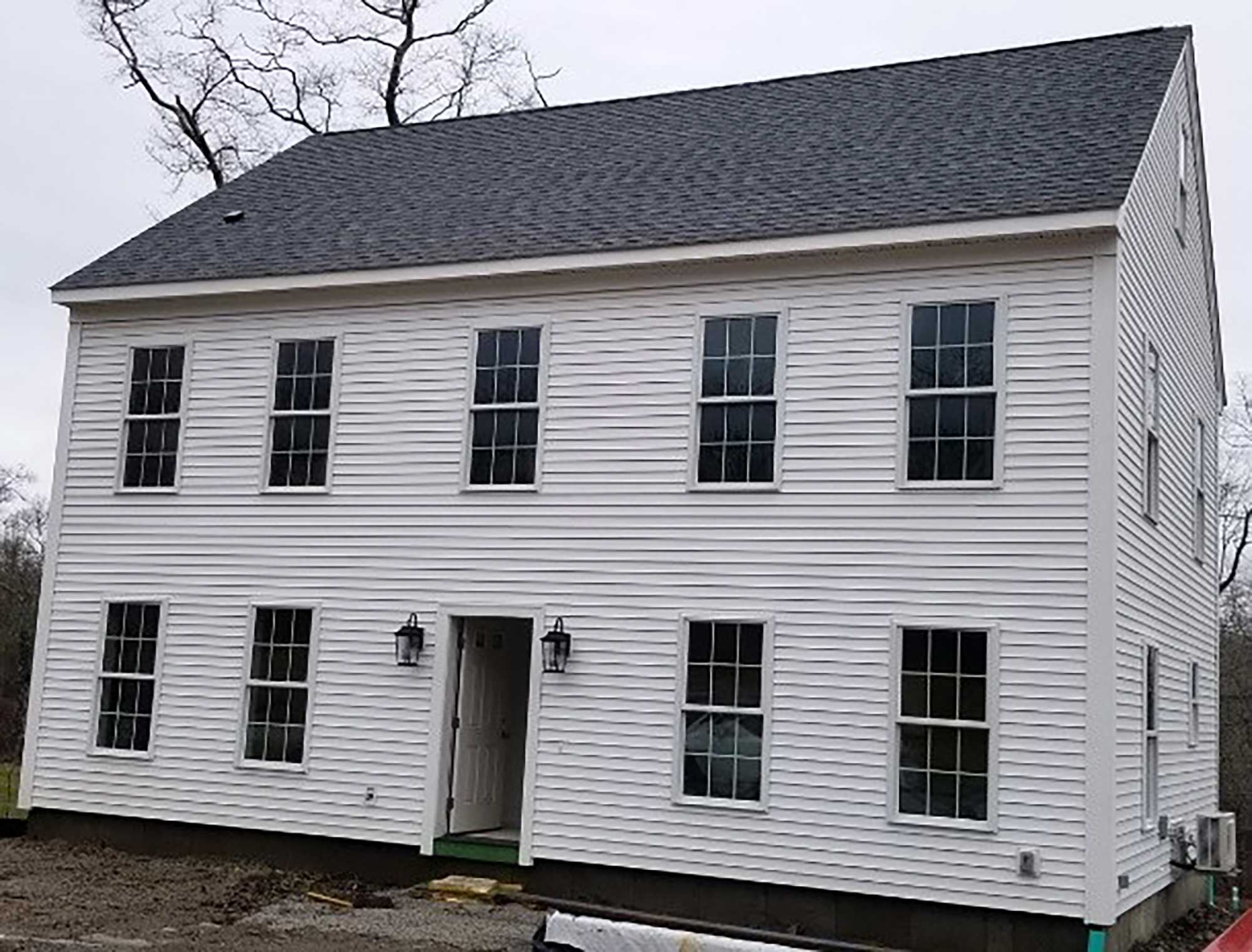This award recognizes programs that construct new homes to nearly net zero energy or zero carbon standards, either zero including onsite energy generation or zero-ready (high-efficiency and constructed so that adding solar later will be easy).
Leader of the Pack: Path to Net Zero Program, Energy Trust of Oregon; Oregon
Program start year | 2005 |
Annual gross energy savings | 67,585,187 MWh and 260,562 therms |
Number of participants | 6–10/year; 53 since inception |
Budget for most recent year | $15 million |
Program website | |
Link to most recent evaluation report |
Energy Trust of Oregon’s New Buildings program serves teams building or renovating commercial, industrial, and multifamily buildings in the service territories of Oregon's five largest investor-owned utilities. The program primarily takes a custom approach with a Whole Building-modeled savings path and a semi-custom Market Solutions for Multifamily path. A Path to Net Zero option is available for teams with an energy-use intensity (EUI) target that meets or exceeds the Architecture 2030 Challenge for 2020 guidelines. Our Leaders of the Pack recognition is for the Path to Net Zero part of the program.
The program is delivered through deep relationships with customers and local professional organizations. All outreach and marketing focuses on architects, engineers, developers, and other stakeholders in the commercial development space. Free training brings new practitioners to the work. Energy Trust finds that the greatest opportunity to identify and influence deep savings is prior to the schematic design period. That is when this program supports shoebox modeling, energy-use intensity (EUI) targeting, and energy-related studies that inform final energy modeling and savings calculations. About halfway through construction document preparation, the program conducts a project review and makes final recommendations to keep each project on track to achieve its original savings target. For its high market penetration and extensive support of architects, engineers, and developers, Energy Trust of Oregon's Path to Net Zero program is a Leader of the Pack.
Key accomplishments and program features:
- The program offers up to 25 trainings per year.
- Since its inception the program has completed 53 projects, covering 4.2 million square feet of building space.
- Energy Trust of Oregon estimates that about three-quarters of eligible commercial new construction projects are participating in the new construction program, with about 20% of those interested in the Path to Net Zero portion of the program.
- Buildings must target energy savings equal to 80% of the average existing building EUI to participate.
- The program provides free training and education, including Continuing Education Units to design professionals, while highlighting the latest net-zero technologies and strategies.
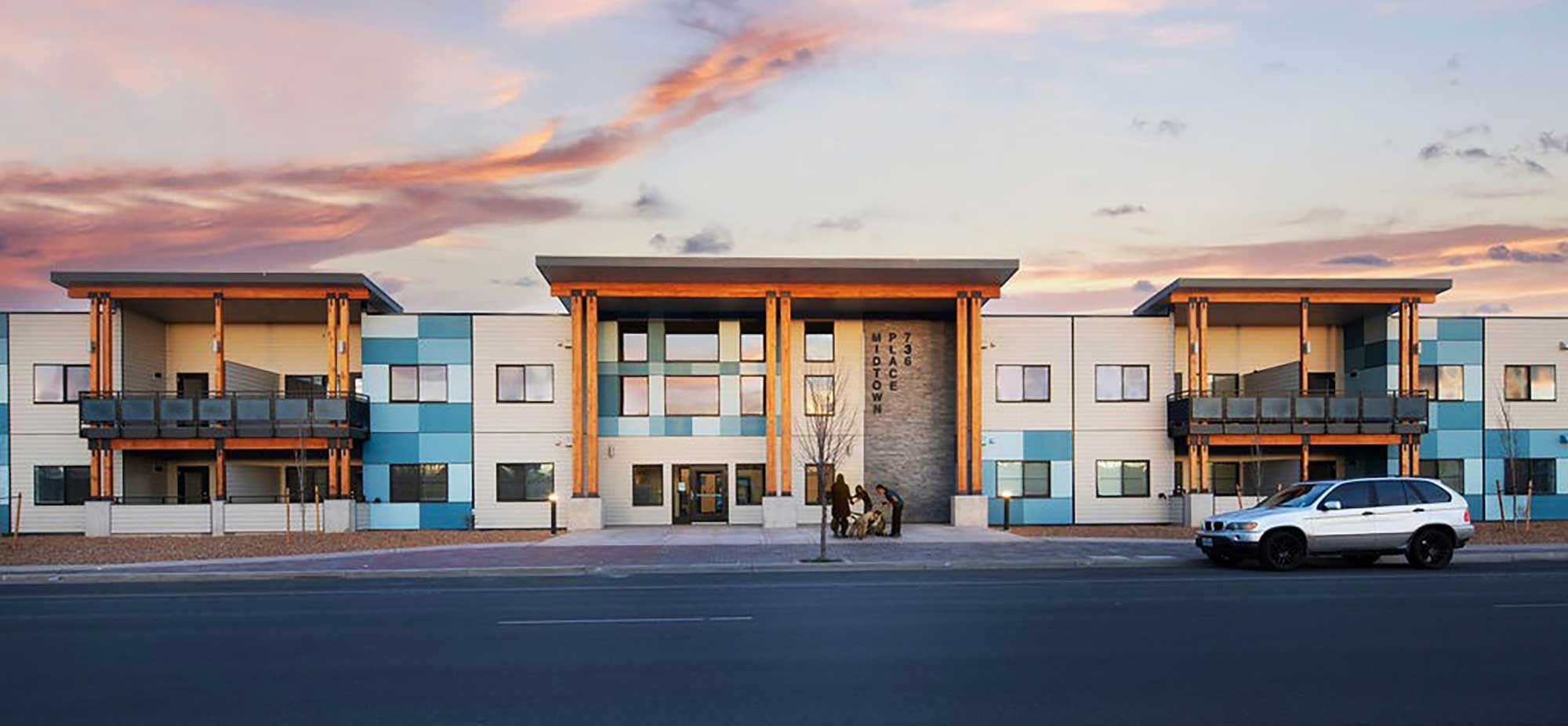
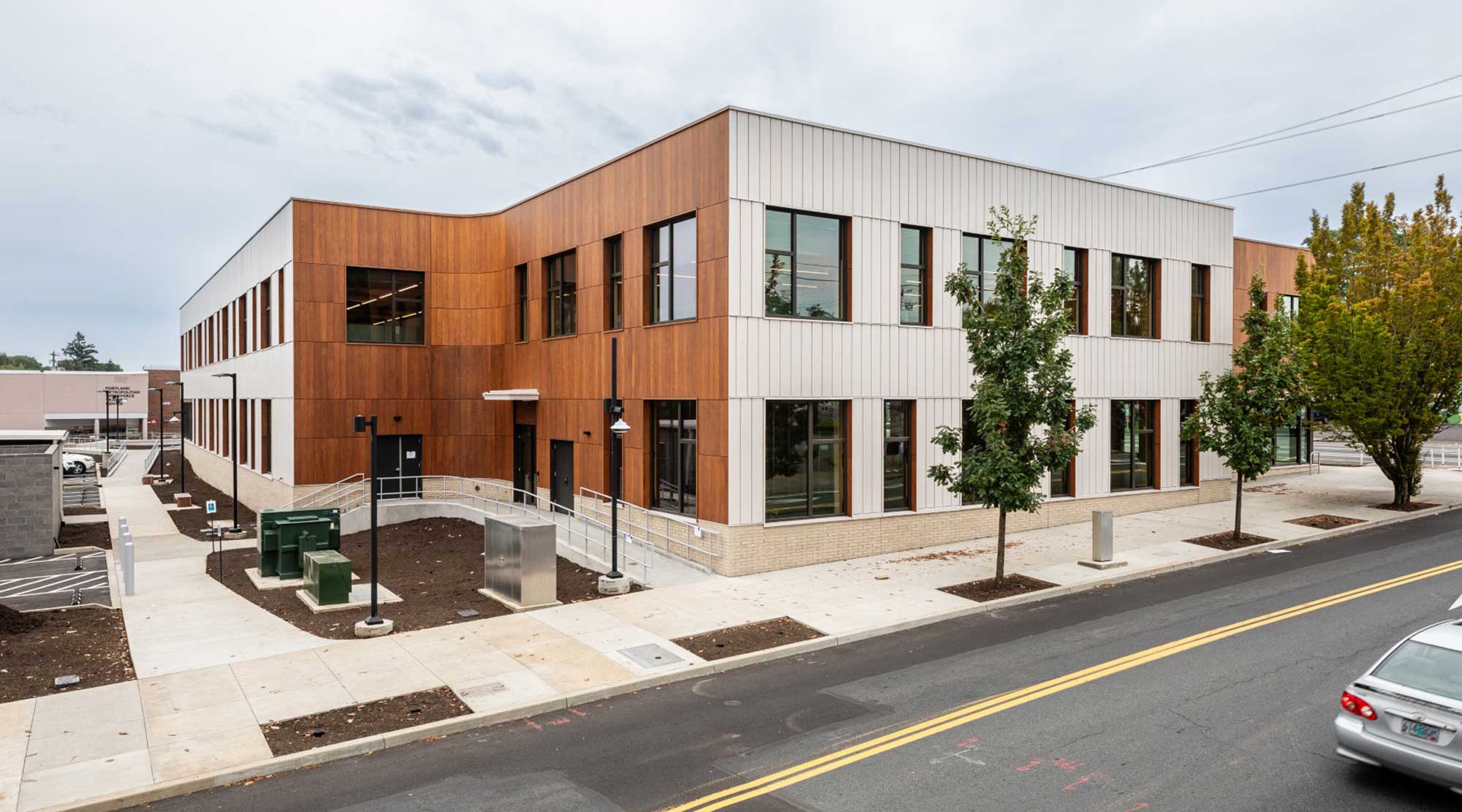
Exemplary Program: Mass Save® Passive House Program, Mass Save®; Massachusetts
Program website | www.masssave.com/residential/rebates-and-incentives/passive-house-incentives |
Link to most recent evaluation report | N/A |
The Passive House Program provides incentives and assistance to support the construction of Passive House multifamily buildings (five units or more) with high-efficiency design to achieve deep energy savings. Participants with a new construction or major renovation project must enroll during the early stages of design; pursue a Passive House certification through Phius or the Passive House Institute; and agree to monitor and provide data on whole-building gas and electric consumption as well as onsite generation production.
Key accomplishments and program features:
- The Passive House Program has served 13 completed projects (totaling 601 residential units) and is actively supporting 249 projects (totaling 19,555 units) in varying stages of design and construction.
- The program is notable for its focus on very high levels of efficiency, particularly for affordable housing.
- The program, which was launched in July 2019 and currently has a $120 million annual budget, began with training for builders in Passive House design and construction techniques.
- Throughout the design, certification, and implementation process, program participants work closely with a collaborative group of Passive House experts hired by the program.
- The program helps pay for a project feasibility study and for energy modeling.
Exemplary Program: Residential New Construction Program, Rhode Island Energy; Rhode Island
Program website | Rhode Island Residential New Construction (RNC) and Renovation Program & Zero Energy Homes |
Link to most recent evaluation report | N/A |
Residential New Construction (RNC) leverages longstanding, trusted relationships with the construction industry and actively engages builders, developers, designers, contractors, building inspectors, affordable housing entities, students, and homeowners to provide comprehensive training and technical support for program participants. RNC provides downstream performance-based rebates for each unit that meets the program’s energy efficiency standards and offers additional prescriptive rebates for achieving zero-energy construction certifications such as U.S. Department of Energy (DOE) Zero Energy Ready and Passive House; for the installation of high-efficiency heating, cooling, and hot water equipment; and to support the design and construction of fossil fuel-free homes.
Key accomplishments and program features:
- Between 2021 and 2023, 121 zero-energy homes were completed, with 354 more in the pipeline.
- RNC has a high penetration rate, typically serving 500–650 of the approximately 1,300 new residential unit permits pulled each year in Rhode Island.
- RNC developed a network of local Home Energy Rating System (HERS) raters by providing HERS training and certification to support and grow the program and perform rigorous quality control of each project submission.
- Increasing numbers of homes are in the Zero Energy tier (zero ready), aided by significant training and technical support, substantial financial incentives, and close partnerships with affordable housing entities to ensure income-eligible projects participate in RNC.
